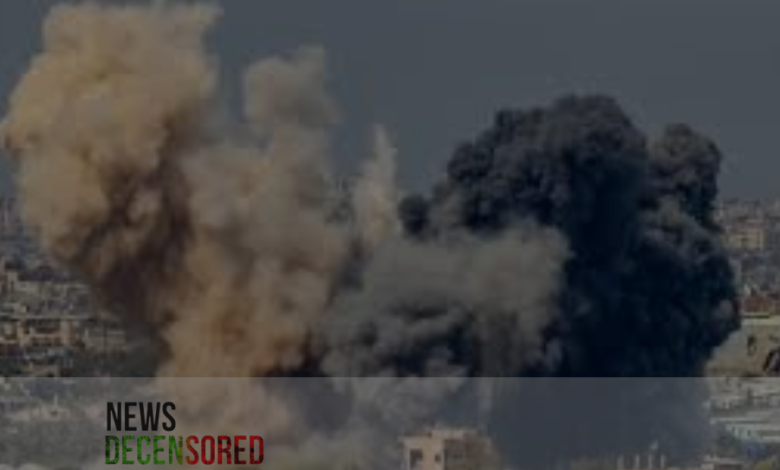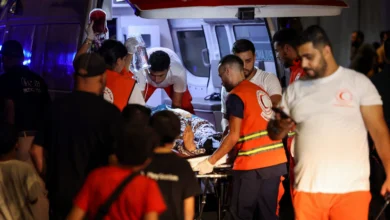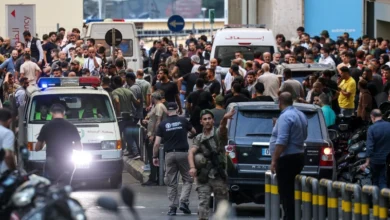Lancet warns that the death toll from the Israeli assault on Gaza could surpass 186,000

War on Gaza: Death Toll from Israeli Assault Could Top 186,000, Lancet Warns
It is now a situation of conflict that has been described as the biggest humanitarian disaster, and The Lancet states that more people are likely to die as a result of Israeli attacks on Gaza than the officially confirmed number of 186,000. This mind-numbing figure paints a grim picture of the catastrophic humanitarian situation unfolding in the region. It sets off an alarm bell that begs for international intervention and an emergency peace dialogue.
It has experienced intense military activity by gunning down aircraft in the air and artillery firing. All this has contributed heavily in terms of loss and losses, including civilian deaths and displacements. The report by Lancet puts great emphasis on the intensity of losses suffered by the civilian population, which cannot escape the fact that most of them are non-combatants, especially women and children.
Medical facilities and infrastructure have been destroyed, which has further exacerbated this humanitarian crisis. The hospitals have difficulty keeping up with the casualties, and supplies of medicine, food, and fresh water are critically low. As the Lancet warned, if nothing is done, the probable death toll might even exceed 186,000, alerting the world to the magnitude of such disaster if the warfare is not curtailed.
The roots of the Israeli-Gaza conflict can be found in the formation of the state of Israel in the year 1948 and, in fact, since the very start of the 20th century. Territorial disputes, displacement of Palestinian populations, and further wars have built up into a protracted and deeply set conflict. The Gaza Strip has had an imposed blockade by both Israel and Egypt since 2007. It is inhabited by more than two million Palestinians who suffer from grave economic and social hardships.
This round of escalation started with tense situations rising in East Jerusalem, especially around the Al-Aqsa Mosque compound, and violent confrontations between Israeli police and Palestinian demonstrators. Within an extremely short period, it has snowballed into an intensive military confrontation, where each side has been using rockets and airstrikes perversely. High civilian casualties have been reported because of Israeli military strikes on populated areas in Gaza.
The international community expresses deep concern about the increased violence and the humanitarian situation in Gaza. In partnership with various humanitarian organizations, the United Nations has called for a binding unconditional ceasefire and the protection of civilians. Efforts are going on to come up with humanitarian aid, but access to the affected areas remains challenging due to the ongoing hostilities and restrictions by the blockade.
The Lancet report is an alarm about the need for urgent reinforcement of diplomatic activities at the global level by world leaders and international bodies. The possible loss of more than 186,000 people’s lives is a massive catastrophe that needs immediate attention and a coordinated preventive measure to stop further bloodletting and suffering.
Resolution of the causes that lie at the root of the conflict and the aggrievements on both sides—to the conflict, that is—Israeli and Palestinian is vital for the long-term peace of the region. This must include recognizing the rights and aspirations of the two peoples with security for all and creating the prerequisites of durable development and coexistence. The international community should support dialogues and reconstruction and promote human rights and justice norms.
The warning by The Lancet on the potential death toll in Gaza underlines an equally strong, if not more vital, message: the hostilities have to stop immediately, and we have to redouble our efforts in making peace. This conflict is slowly taking its toll on humans; enough is enough. The international community must act fast and in a manner that will not only be decisive but also avert any more loss of life to struggle for a just and lasting outcome.




